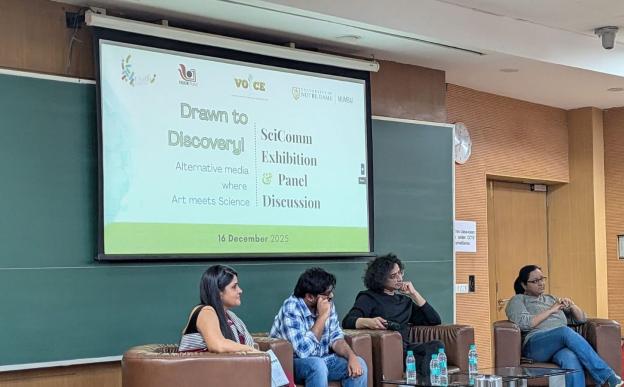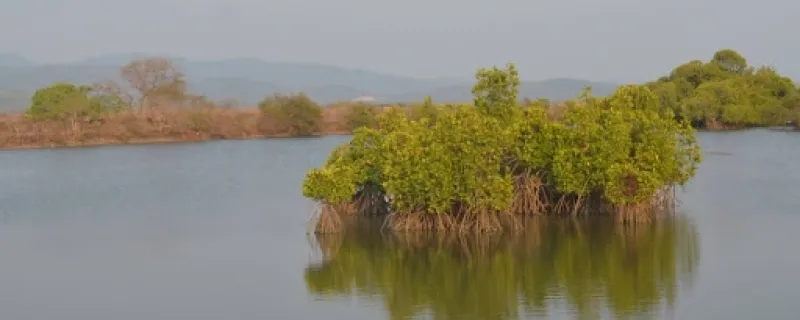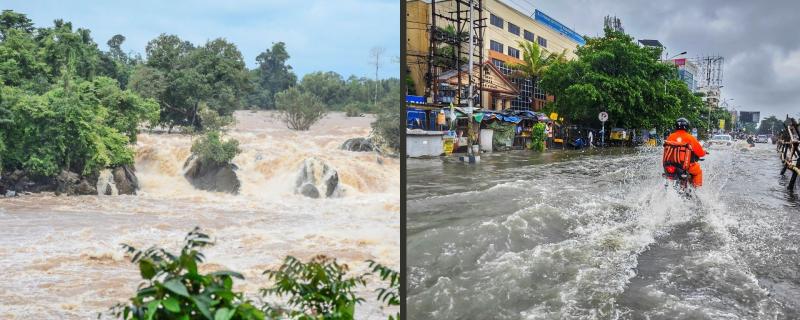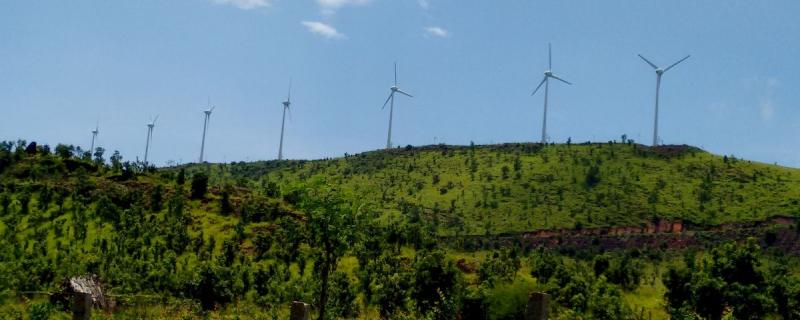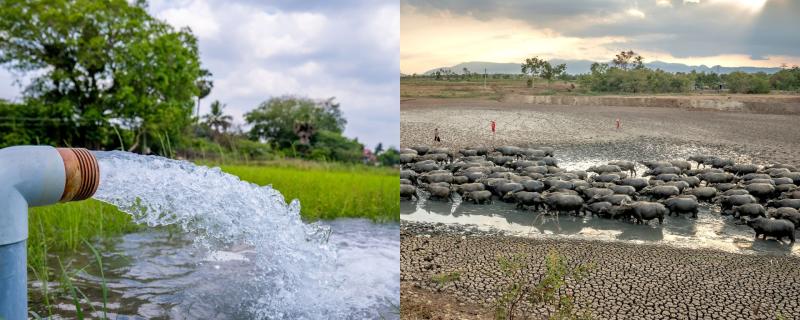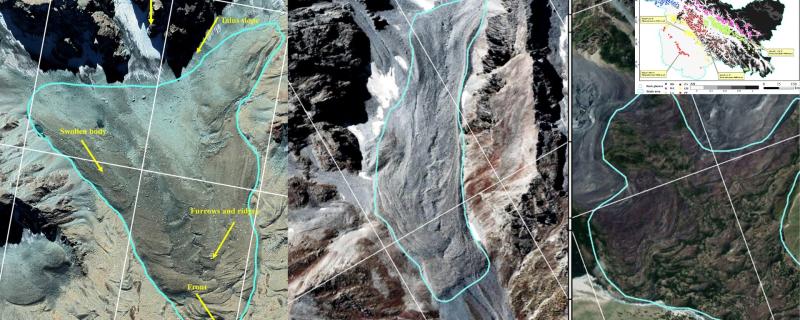A new study found that while India’s east coast, with its vast river deltas, might have a slight edge in adapting to changing conditions in the short term, both coasts face serious threats.
The Indian Institute of Science Education and Research (IISER) Pune on Tuesday launched the VOICE Fellowship 2025
Pune/
